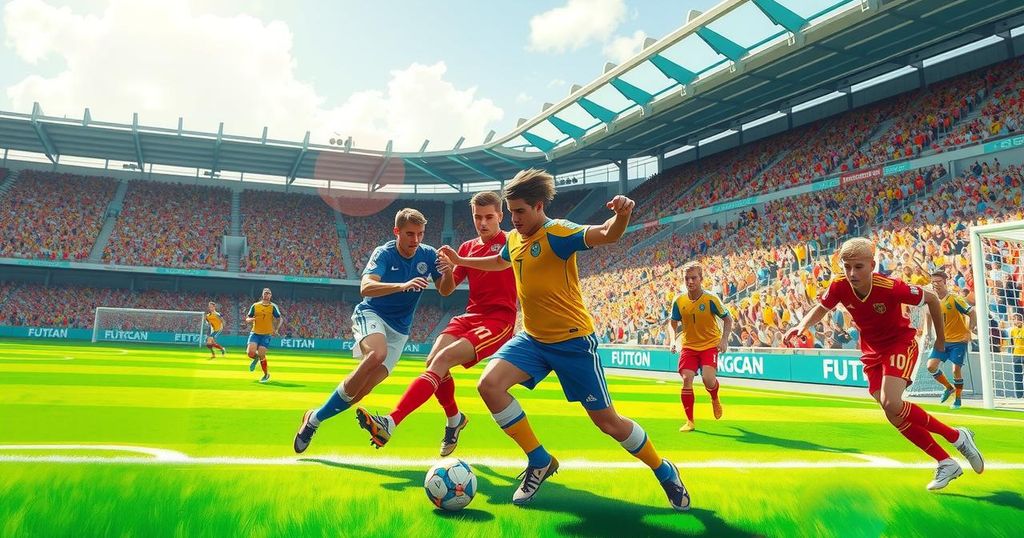South African rugby teams have encountered significant challenges in the Champions Cup, with only one win from six matches in the opening rounds. Issues related to travel and a demanding tournament format have hampered performance, leading to criticism of player management and logistics. Despite these setbacks, coaches and players express a desire for improvement and adaptation, recognizing the importance of their continued participation in elite competition for the future of rugby in South Africa.
The South African rugby landscape, once basking in the glow of recent successes such as back-to-back World Cup victories under Rassie Erasmus, now faces significant challenges in the Champions Cup. Following an initially promising transition from Super Rugby to the United Rugby Championship, the teams from South Africa are struggling in European competition. After two rounds, they have recorded only one victory out of six matches, raising concerns over their competitiveness and ability to adapt to the demands of the tournament.
Particularly highlighted were the recent defeats of the Sharks and Stormers, which exposed severe travel issues and the necessity to field weakened squads due to player absences. The adverse effects of travelling between South Africa and Europe have resulted in a compromised performance, as teams adjust to different environments and conditions in quick succession. Additionally, the current tournament format has been criticized for not accommodating these logistical challenges.
Despite the evident struggles, there remains an air of optimism among South African rugby stakeholders. John Dobson, head coach of the Stormers, acknowledged the importance of South African participation in prestigious tournaments, emphasizing the need for improvement and adaptation. He stated, “We have to be part of this tournament because it is such a high level, and it’s such a great tournament.” Such sentiments echo the views of players and coaches who recognize that successful integration into European competitions is essential for the growth of South African rugby.
The debate on how best to structure the tournament continues, with suggestions for adopting a touring model similar to the URC, enabling teams to acclimatize effectively and mitigate travel-related fatigue. Various stakeholders advocate for a reevaluation of the current format to enhance South African teams’ chances of performing at their peak. Failure to address these logistical and competitive issues may risk South Africa’s standing in European rugby, with potential ramifications for their broader international ambitions.
Thus, the conundrum before South African rugby is not merely about immediate performance; it also encompasses long-term strategic considerations regarding their role in the international landscape. As the situation unfolds, the Republic must navigate these obstacles astutely to avoid falling into a precarious position in the global rugby arena.
The article discusses the current challenges facing South African rugby teams in the Champions Cup, following their recent successes in international competitions. It reflects on the difficulties that arise from traveling between South Africa and Europe, presenting the context of competition improvement and adaptation as essential factors for participation in elite tournaments. The evolving dynamics of South African rugby in relation to European competitions highlight the logistics and structural considerations that must be addressed to ensure continued success and integration.
In conclusion, South African rugby presently finds itself at a pivotal juncture in the Champions Cup, grappling with the adverse effects of travel and format challenges that hinder competitive performance. The potential restructuring of the tournament and the continuation of South African participation are vital for the long-term advancement of rugby within the Republic. Stakeholders must collaborate to foster an environment where their teams can thrive, ensuring that they retain their status in the competitive landscape of international rugby while enhancing the overall quality of play.
Original Source: rugby365.com




